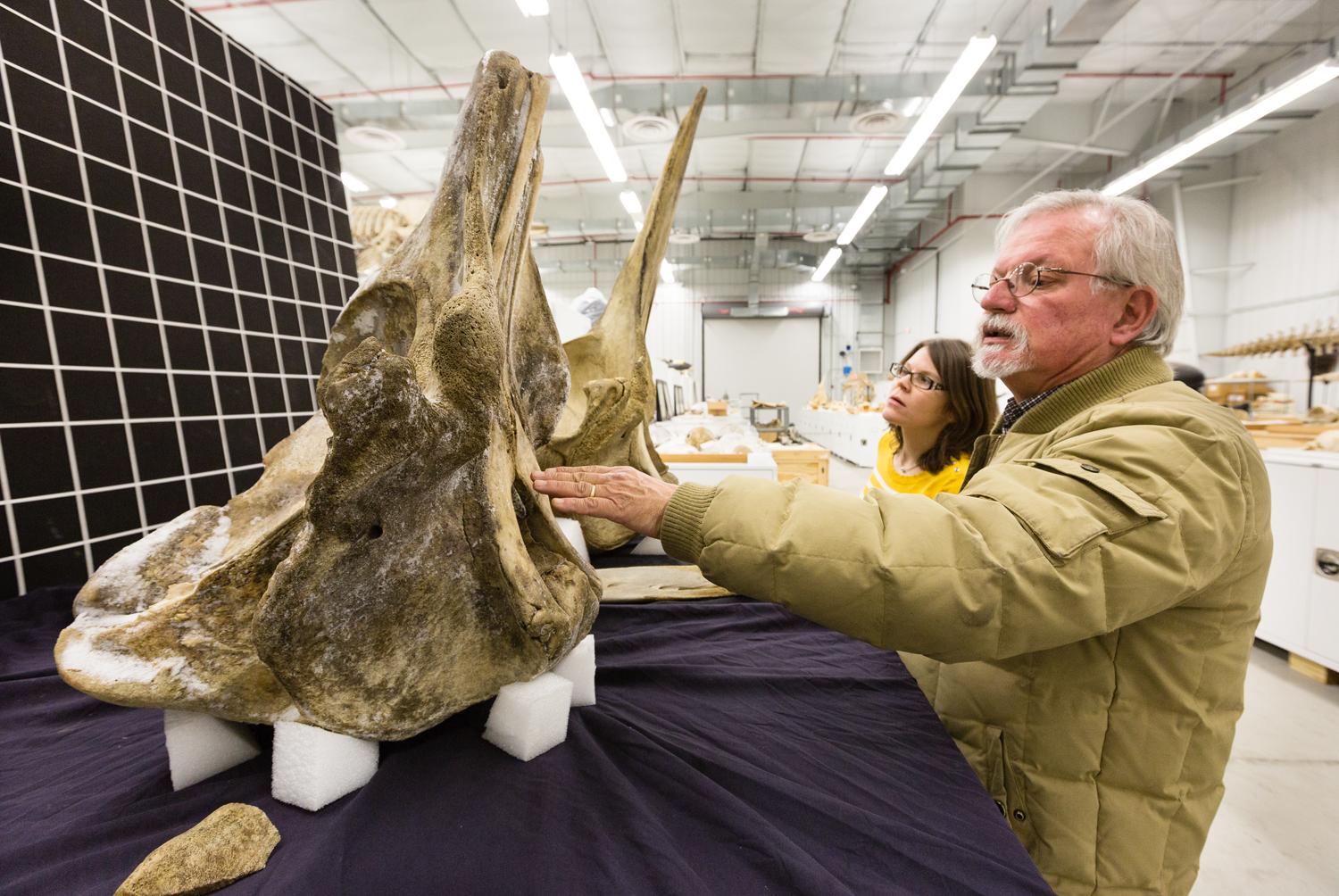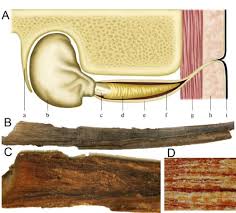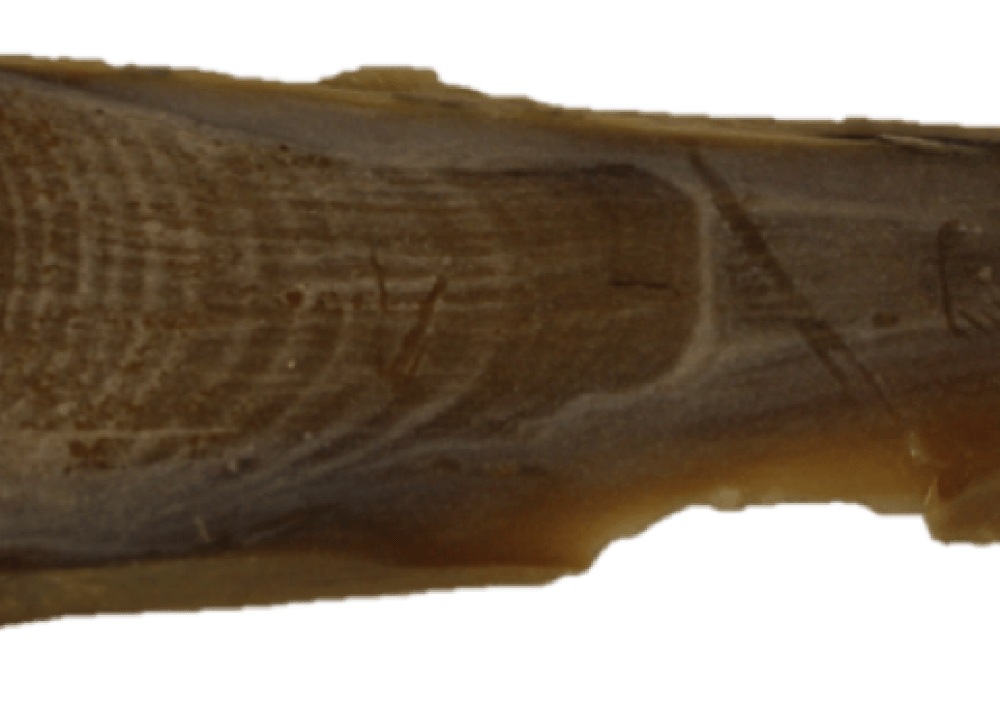Earwax Reveals How Humans Have Impacted Whales For More Than A Century.
From whaling to war, analysis of hormones in whale's ear wax has revealed humans have been causing stress in whales for a hundred and fifty years.
To the general population human earwax is a nuisance, something to be swabbed out using a single-use cotton bud that is destined to be thrown in the garbage, the plastic of its stick-only to find its way into the ocean where it may stick around for hundreds of years. But did you know that earwax can tell a lot about the health of an individual over the course of it's lifetime? That goes for whale ear wax too!
Thankfully, museum curators around the world have been clever enough to preserve massive ear plugs of wax from dead whales over the centuries, allowing researchers to discover a hidden record of how whales have been stressed out by human activities. The study published in Nature Communications revealed that we have in-fact been inducing stress in whales for quite some time, even through non-direct interactions with the marine environment.
A whale's ear wax plug could reach 50 cm in length and weigh 1 kg, and contains a wealth of information, not only about the individual animal's health but of the health and conditions of the marine environment at the time it was alive. Earwax plugs are formed in layers, similar to the rings on a tree, so can also provide scientists with a time series of information on life history of the whale, from pollutant burdens to reproductive cycles.
Through analysis of stress hormones, i.e. cortisol, researchers were able to determine how sever the stress we have caused whales has been through the ages. Obtaining long-term data on whale's hormones has proven to be extremely difficult until now! For example, whale's baleen plates, which are bristle like structures that allow a whale to filter feed, contain about 10 years of information, yet a whale can live from 50 to 100 years, so this is only a snapshot of insight into the animal's life.
Where-as earwax can provide decades of data, but extracting the information is no easy task, requiring the separation of each layer carefully, each which represents roughly six months of the whales life.
Cetacean biologist, with the NOAA’s Southwest Fisheries Science Center in La Jolla, California, Nick Keller said, “This represents the best available science on the non-lethal effects of whaling and is a major advancement in this field.”
The new study analysed 20 fin whale ( Balaenoptera physalus), humpback whale ( Megaptera novaeangliae ), and blue whales ( Balaenoptera musculus) and concluded a strong connection between stress levels in whales and the whaling era, with cortisol levels showing a significant reduction post whaling moratorium. Whaling however, was not the only source of stress to whales, elevated peaks in the stress hormone was also found from 1939 to 1945, during World War II.
After 1990 another worrying trend of an increase in stress in whales emerged parallel to rising sea temperatures, indicating that climate change and variations in environmental conditions are also stressing out whales. Changes in oceanographic variables such as sea surface temperature could alter the distributions of cetaceans prey and affect population abundances, however the interaction between climate and marine top predators is notoriously difficult to address.
© Ocean Research & Conservation Ireland (ORCireland) and www.orcireland.ie , est. 2017. Unauthorized use and/or duplication of this material without express and written permission from this site’s author and/or owner is strictly prohibited. Excerpts and links may be used, provided that full and clear credit is given to Ocean Research & Conservation Ireland and www.orcireland.ie with appropriate and specific direction to the original content.
References:
Trumble, Stephen J., Norman, Stephanie A., Crain, Danielle D., Mansouri, Farzaneh., Winfield, Zach C., Sabin, Richard., Potter, Charles W., Gabriele, Christine M., Usenko, Sascha (2018). Baleen whale cortisol levels reveal a physiological response to 20th century whaling. Nature Communications, SN - 2041-1723
UR - https://doi.org/10.1038/s41467-018-07044-w
DO - 10.1038/s41467-018-07044-w
ID - Trumble2018
ER -
SHARE THIS ARTICLE
















